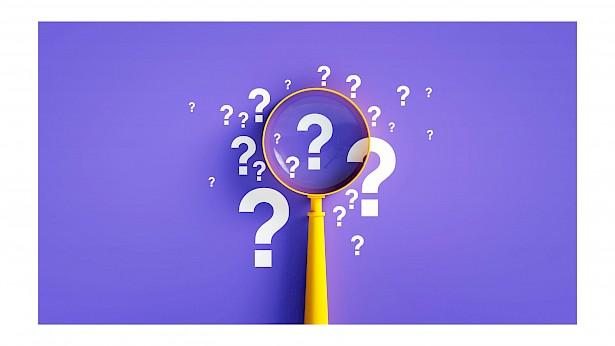Franklin Energy’s Product Division, AM Conservation, Agrees to Acquire Energy Federation, Inc.
Why You Need An Air Purifier Now
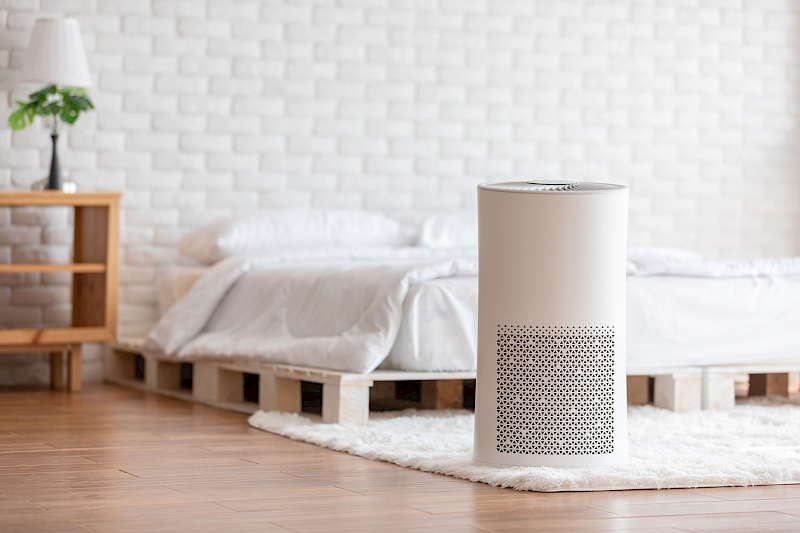 Energy Federation Incorporation
Energy Federation Incorporation
Particles like dust, pollen, smoke, mold, VOCs, and smog are most likely present in your living space, and they can be damaging your respiratory system. In this article, we’ll be talking about what air purifiers can and can’t do to improve air quality and why you should have one in your home. Let’s start by taking a look at how they work.
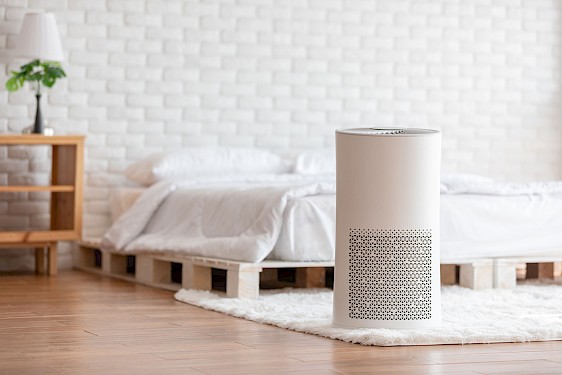
How Does an Air Purifier Work?
There are four types of air purifiers: HEPA Filters, Activated Carbon Filters, Ionizers, and Ultra Violet Light.
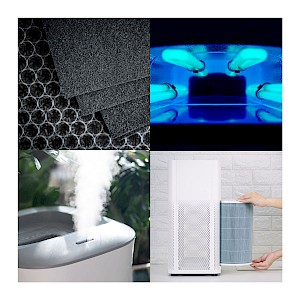
1. HEPA filter air purifiers use an internal fan to draw air into the machine and this air is then passed through the air purifiers filter. As air flows through the filter, airborne pollutants get trapped inside a dense material. These filters remove dust, allergens, mold spores, visible smoke, and some bacteria.
2. Activated carbon filter air purifiers also use an internal fan to draw air into the machine and this air is then passed through the air purifiers filter. As air flows through the filter, airborne pollutants get trapped inside a porous material. This porous material removes odors, vapors, and gases from smoke, cooking, chemicals, paints, and other VOCs
3. An ionizer is another method of cleaning indoor air, but it doesn't use any filters. This filter-less design emits negatively charged ions into the air that latch onto pollutants. These particles then become too heavy to remain in the air and sink to the ground. These heavier particles will then fall on the ground and remain on surfaces until you clean them up.
4. Ultraviolet light air purifiers deactivate pathogens and microorganisms as air passes by them. This is the only type of air purifier that can kill airborne bacteria and viruses.
What are the health effects of dust, pollen, carbon monoxide, etc.?
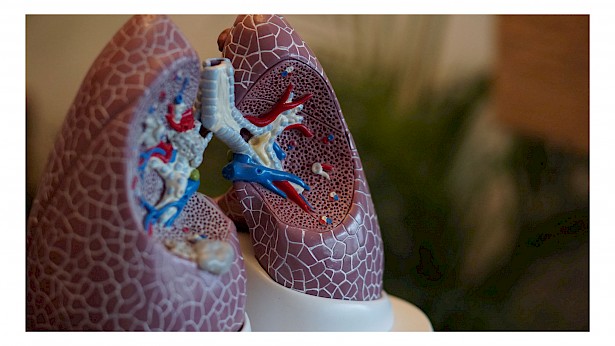 The air inside your house contains particles like dust, pollen, carbon monoxide, mold, and other harmful particles. To an extent, our bodies can tolerate these particles, but prolonged exposure to high levels of these particles can lead to issues with your respiratory system. For example, prolonged exposure to high levels of dust has been directly linked to asthma, reduced lung function, chronic bronchitis, and heart disorders. Pollen is linked to allergies. Mold causes eye irritation, coughing, runny nose, sore throat, rashes, etc. VOCs can irritate the eyes, nose, and throat can cause difficulty breathing and nausea and can damage the central nervous system as well as other organs. Some VOCs can cause cancer.
The air inside your house contains particles like dust, pollen, carbon monoxide, mold, and other harmful particles. To an extent, our bodies can tolerate these particles, but prolonged exposure to high levels of these particles can lead to issues with your respiratory system. For example, prolonged exposure to high levels of dust has been directly linked to asthma, reduced lung function, chronic bronchitis, and heart disorders. Pollen is linked to allergies. Mold causes eye irritation, coughing, runny nose, sore throat, rashes, etc. VOCs can irritate the eyes, nose, and throat can cause difficulty breathing and nausea and can damage the central nervous system as well as other organs. Some VOCs can cause cancer.
Air purifiers aren’t a magic bullet to prevent every possible airborne illness, but they are a great way to help maintain the best air quality possible.
Save Money with Rebates

It's worth your time to look into the rebates you can receive on air purifiers. Although the amount may vary from state to state, you can save a pretty penny with rebates. For example, in Massachusetts, you can save $40 per air purifier for up to two air purifiers per account per year. I have put the specific criteria that need to be met below.
- This offer is only open to Massachusetts residential electric customers of Cape Light Compact JPE, Eversource, National Grid, or Unitil.
- Limit two-room air cleaner rebates per account per calendar year.
- The rebate is good for purchases made from January 1, 2021, through December 31, 2021
- Applications for 2021 rebates and all necessary materials must be postmarked or submitted online by January 31, 2022. Download the 2021 Mass Save Room Air Cleaner Rebate form.
Which one should you get?
So, which one should you buy? Well, it depends on what you're looking for. Each air purifier has its’ own unique advantages, but the two most common air purifiers are the HEPA filter purifiers and the activated carbon purifiers. HEPA air purifiers are very good at extracting the majority of harmful particles from the air. For example, HEPA purifiers remove allergens, chemicals, mold, radon, dust, and other airborne irritants. If you are looking for a simple way to eliminate some of these common particles, then a HEPA filter air purifier is likely for you.
If you’re looking to eliminate odors, vapors, and dangerous chemicals like VOCs, you’re likely going to want to look into activated carbon filter air purifiers. Unlike HEPA filters, activated carbon filters can remove smell and more fine particles like VOCs. However, not everyone is in a place where you’ll need an activated carbon filter. If you live in an area with high-quality air, you probably don’t need an activated carbon air filter.
Ionizers and ultraviolet light purifiers are the least common types of air purifiers. Ionizers essentially emit charged ions in the air that latch pollutants. The ions become heavier when they latch onto pollutants and then fall to the floor. They then have to be cleaned up.
Ultraviolet light purifiers kill bacteria and viruses as they pass by ultraviolet light. Ultraviolet light is most common when it is built into a HEPA filter as an extra accessory.
We recommend sticking with HEPA and activated carbon purifiers.
Check out these air purifiers on our wholesale site: EFI Wholesale Air Purifiers
Sources:
Mold in your home: What It Causes, and Is It a Health Risk?
Everything an Air Purifier Can and Can't Do.
How Effective Are Air Purifiers In Your Home? | Talking Point | Full Episode
Subscribe
Resources
Latest Updates
Customer Testimonials
Lets Talk!
Reach your customers & Exceed your goals
Contact EFI